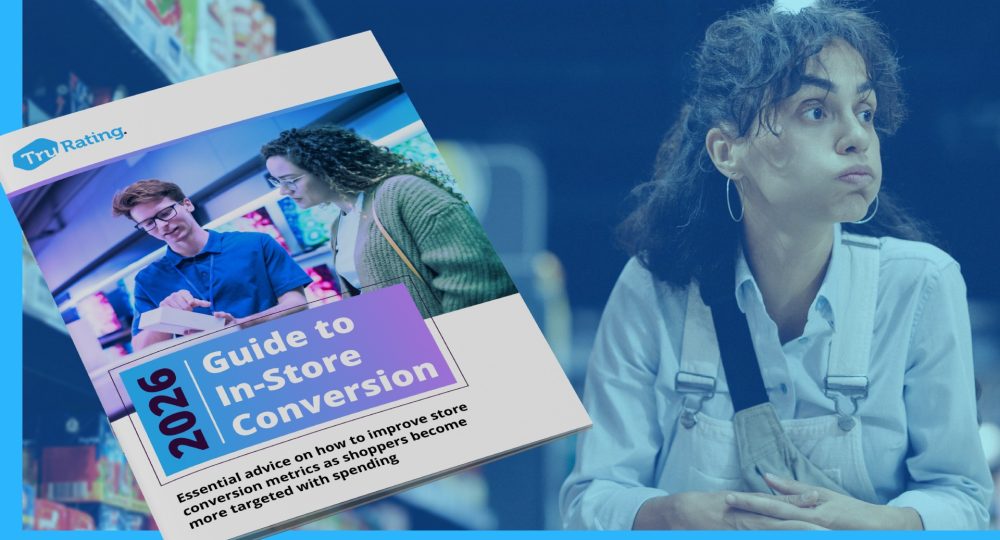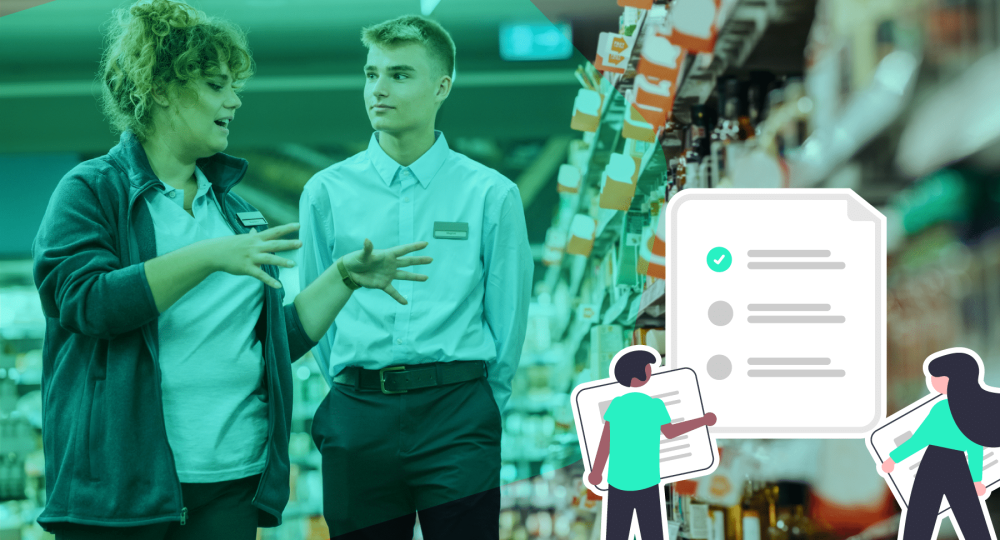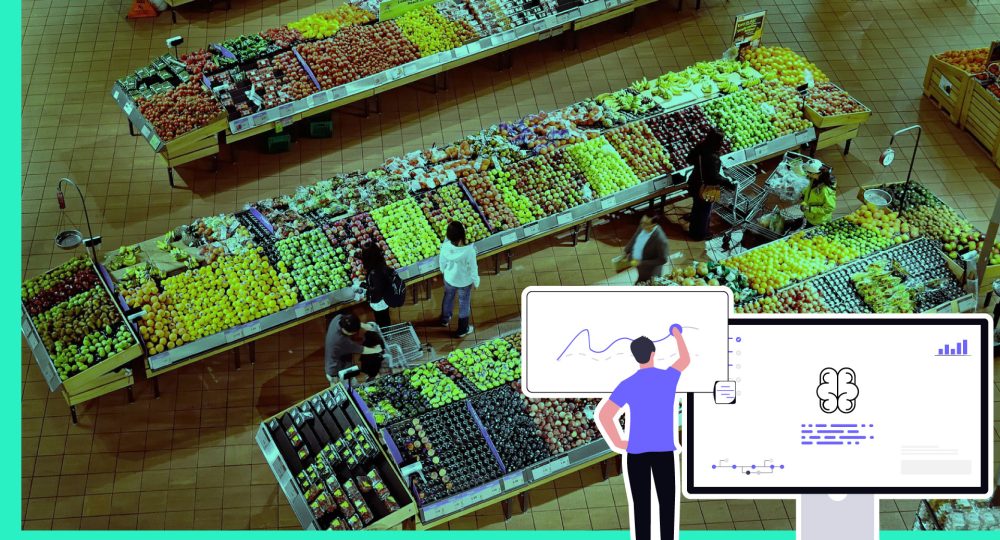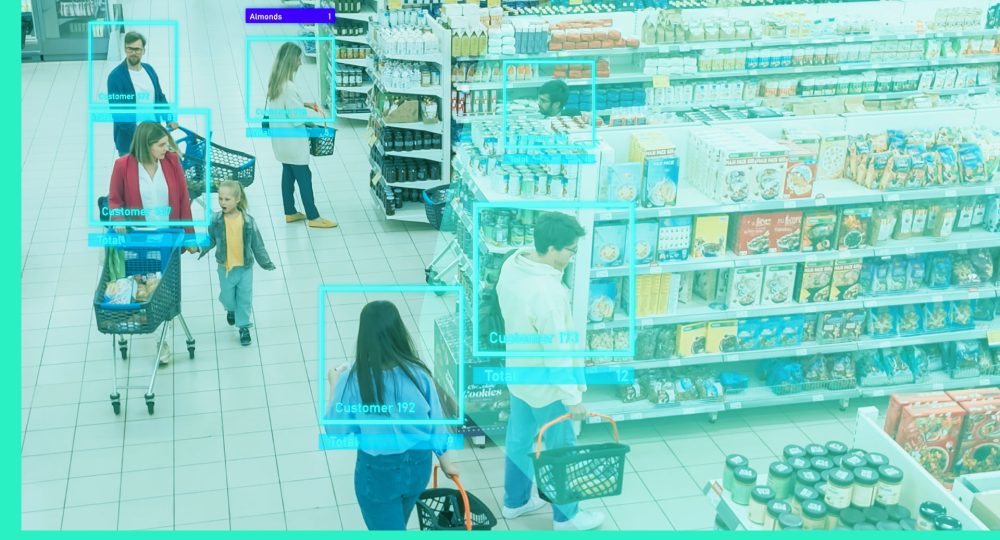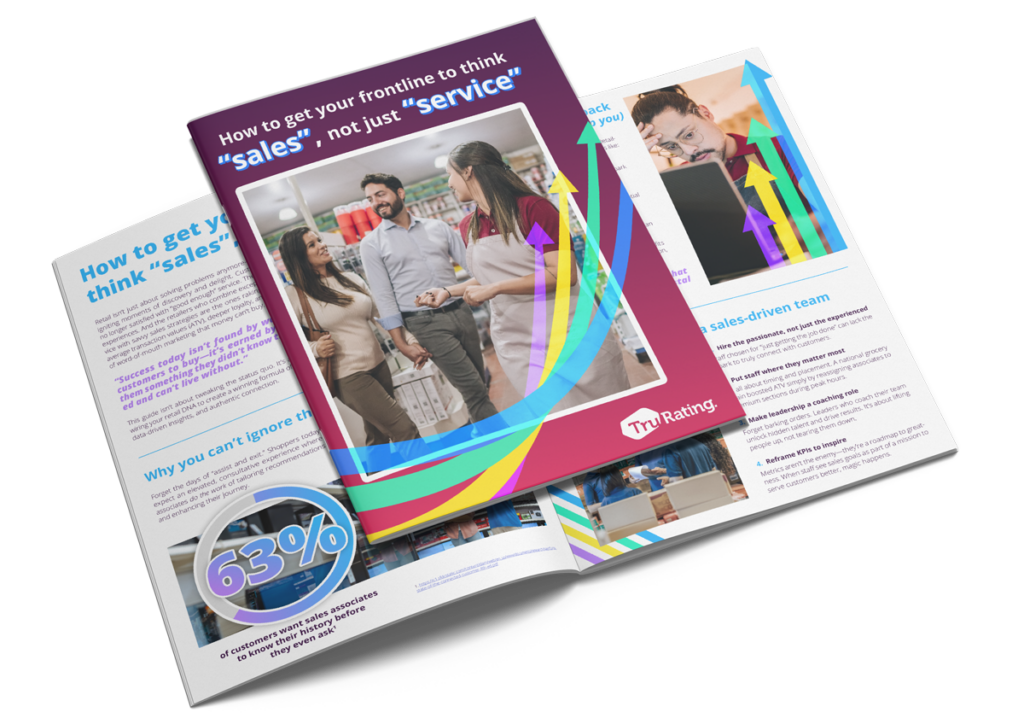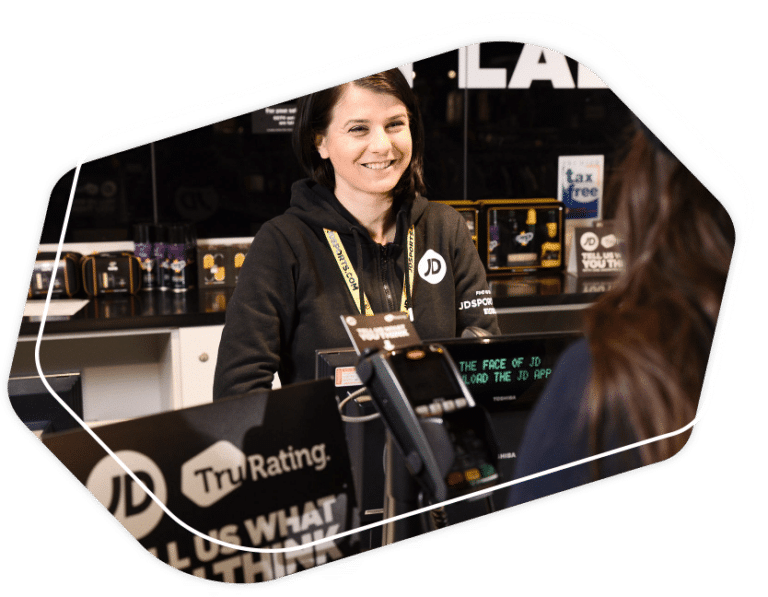In the first of a brand-new series, in which we talk to some of the leading thinkers and influencers working in retail today, we are delighted to introduce Nicole Leinbach-Reyhle to the TruRating hot seat.
As the founder of Retail Minded – an independent publication founded in 2007 – Nicole has been recognized by companies including IBM, American Express and Vend as a global thought leader, including a recent ranking as #7 out of 100 worldwide retail influencers.
Alongside her own work as a regularly sought-after contributor and consultant for various retail and media outlets, Nicole somehow found the time to co-found the Independent Retailer Conference and author the book, “Retail 101: The Guide to Managing & Marketing Your Business”.
We were delighted when Nicole agreed to give us some time out of her non-stop schedule to talk about some of the contemporary trends and challenges facing retailers large and small.
Could you tell us a little bit about yourself and how you got into retail?
I grew up just outside of Chicago, in a town called Libertyville. We had a charming little main street and lots of small local businesses. From the start, it was the business of retail that interested me, rather than where the products came from. I was fascinated by the idea, that even in a small town, there were opportunities for people to create these unique, one-of-a-kind stores.
I studied retail business management in college and upon graduation built a career in retail. After stints working as a Marketing Director for the likes of Adidas and Franco Sarto Shoes, I decided I wanted to take everything I’d learnt and put it into something that could help businesses big and small.
That’s how Retail Minded came to life – nearly 12 years ago now.
Are the challenges retailers face today much different to when you started Retail Minded?
There’s much more competition today than 12 years ago. While it was still a competitive market then – maintaining a high-brand profile has always been a challenge – the way retailers are managing that competition has evolved.
Is there a distinction between the challenges that large businesses are coming up against, compared to the independent sector?
The biggest differentiator between large retail brands and small ones is often resource. Large retailers may have entire teams dedicated to specific categories of their business. For the independents, it’s often the case that one or two individuals are truly operating every business touchpoint themselves, which can be a lot to take on.
Does the nimbleness that comes with being an independent offer a competitive advantage over traditional retail? Especially in the light of the supposed ‘retail apocalypse’?
First of all, I don’t think that physical retail is dead. If we look back historically, it’s clear that an evolution is taking place. There is an increased demand for retailers to make the shopping experience more engaging and exciting than ever before. With so many choices today, why would someone choose your business if they could go somewhere else and have a better time?
That said, smaller retailers do tend to struggle with the increased expense of constantly striving to stay ahead of the competition. Smaller retailers almost have to be more proactive in looking ahead to try and stay one step ahead of their customers, than the big guys.
How important is technology in modern retail?
Technology can provide retailers with the clarity to understand who their customers are, what they want and how to deliver against those expectations. From inventory to marketing to employee management, technology can help with all sorts of different areas.
Can the clarity technology brings help retailers to deliver more ‘human’ and authentic experiences?
Technology alone isn’t going to improve a retail experience. It needs to be combined with a strong human hand, as, ultimately, it’s human management that strengthens these experiences. The data that technology collects is only valuable if you have someone who understands your brand on hand to review it. That’s true across all points of the retail eco-system.
Where do you think the responsibility for providing the best possible customer experience ultimately lies?
When operating a retail business the customer needs to be top of mind in every conversation. That’s true whether you’re in a forward-facing role or responsible for supply chain logistics far behind the scenes. Retailers shouldn’t hold one department responsible – it should be top of mind for everyone in your organization. At the end of the day, you don’t have a business if you don’t have a customer.
Commentators have said that by 2020, CX will be more important than price and even product – what’s your take there?
As we approach 2020 and our use of technology continues to strengthen consumer engagement with the retail-brand experience, customers are no longer going be content with just sitting around and waiting for retailers to catch up with them. It’s going to be imperative for retailers to provide as many channels of communication to engage the largest captive audience possible. For the vendor, retail is going to become increasingly complex, yet as far as the customer is concerned, any sign of complexity will need to be eliminated entirely.
Can you give an example of a retailer who you think is leading the way today?
In terms of physical retail, Athleta is doing a really great job of bringing the local community to their storefronts. By getting local groups and organizations involved in things like early morning activity events, before traditional store hours, they’re reaching a whole segment of new customers they may never previously have touched.
It’s such a simple, but effective way to engage. If you combine that with their social media, email, catalogues – all the traditional marketing channels – they’re truly making the most of their assets. Now is it a competitive move? Of course, but I really appreciate the way they make the effort to engage with the local community.
Now when we look online, I’m seeing more and more independent retailers gain heightened visibility through online market places and social media. They’re optimizing their social feeds to essentially function as storefront windows to their brand, which is allowing tiny little businesses to become quite profitable across the world.
What I love about this is it allows a business with one location to optimize that store to essentially function as a warehouse. They can still engage with their local community, but thanks to the reach of social media, also send shipments anywhere around the world.
Social media is social selling and independent retailers are really starting to take advantage of this.
Finally then, who are some of your favourite thinkers working in retail today?
I really respect the founder of The Lion’esque Group, Melisa Gonzalez. They design and curate pop-up shops for various brands. I love what they do because they’re creating experiences that demand engagement. The stores might be open for six months or it might just be a week, but they create experiences for product to sell through that people genuinely want to participate in and engage with. Shoppertainment as my colleagues Kizer and Bender would call it, make sure you credit them for that one!
___________
A huge thank you once to Nicole for taking the time to speak to us! We hope you enjoyed it as much as we did. For more from Nicole why not follow her on Twitter or sign-up to the get the Retail Minded newsletter straight into your inbox here.
And remember to keep your eyes peeled for the next instalment in our retail influencer series very soon!



